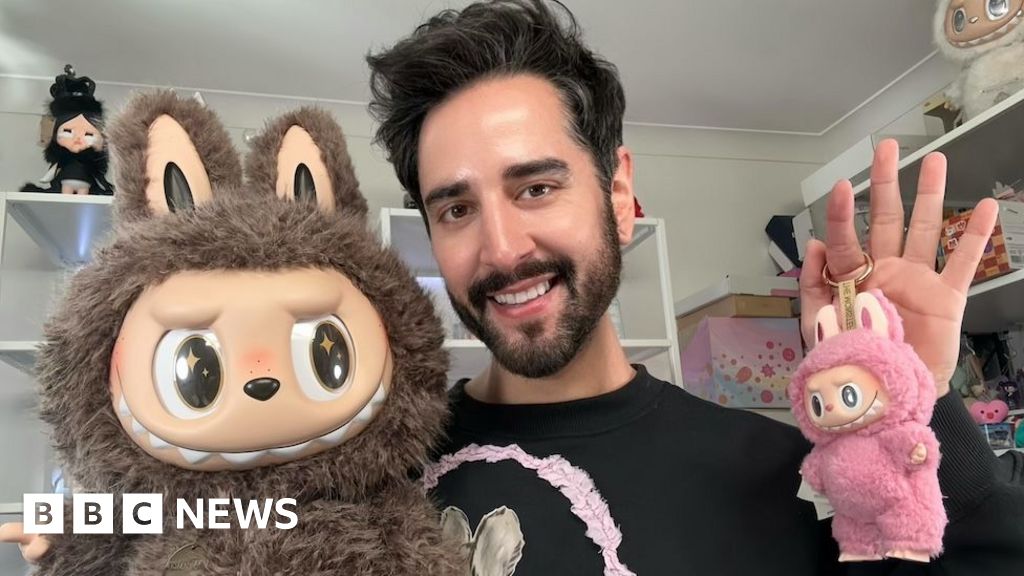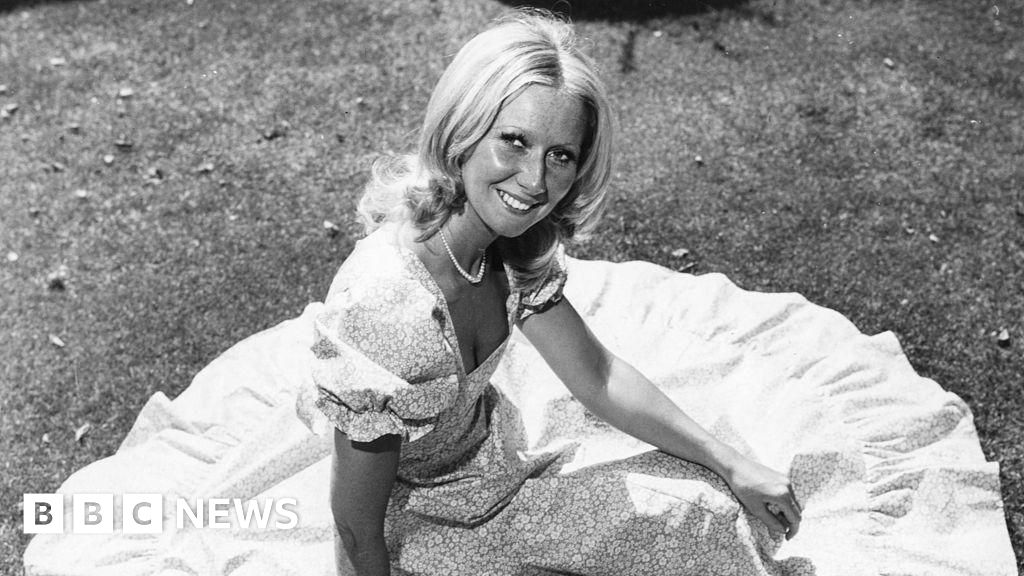ARTICLE AD BOX

 BBC/Bad Wolf Productions/HBO/Nick Strasburg
BBC/Bad Wolf Productions/HBO/Nick Strasburg
Industry follows Harper (Myha'la), Robert (Harry Lawtey) and Yasmin (Marisa Abela), who are navigating the high-pressure banking world
Wall Street, American Psycho, The Wolf of Wall Street… for decades, the image of the banker has loomed large in popular culture.
And after the 2008 financial crisis, the reputation of finance workers took a big hit, according to one of the creators of banking drama Industry.
Konrad Kay, who co-writes the series, says bankers faced a "lazy" and "villainous stereotype" at the time - with a perception that they needed "bringing down a peg or two".
Industry is a critically-acclaimed drama set inside the fictional London office of Pierpoint & Co, a prestigious, high-pressure, sex-and-drug-fuelled international investment bank. It is now airing its third series.
Critics have called the series - that introduces new character Sir Henry Muck, a hyper-privileged eco-entrepreneur played by Game of Thrones star Kit Harington - an "excitingly ornate rollercoaster" and "more thrilling than ever".

 BBC/Bad Wolf Productions/HBO/Nick Strasburg
BBC/Bad Wolf Productions/HBO/Nick Strasburg
Series three of Industry introduces Sir Henry Muck, played by Game of Thrones star Kit Harington
For Kay and co-creator Mickey Down, who both previously worked in finance, their show is not a simple question of whether bankers are good or bad.
"I guess what the show is saying, and we're never didactic about this stuff, is that Pierpoint and the wider capitalist enterprise turbocharge some of their worst instincts," says Kay.
Ultimately, bankers are "neither villains nor rock stars", he adds.
'That is thrilling'
Industry looks at some of the nuances of the financial world, the writers say, and especially the people at the beginning of their careers.
According to Down, the show is driven by the characters who have the least amount of power.
Industry follows three Gen-Z finance workers: Harper Stern (played by Myha'la), Robert Spearing (Harry Lawtey) and Yasmin Kara-Hanani (Marisa Abela).

 BBC/Bad Wolf Productions/HBO/Nick Strasburg
BBC/Bad Wolf Productions/HBO/Nick Strasburg
Industry's creators say they write the character of Harper Stern from a place of "love"
Down adds that Industry is about realising there are "different ceilings for everyone" - and that your background, race and gender can "have a huge bearing on how successful you can be".
This is partly why the co-writers say they portray the character of Harper, arguably the most ruthless of the three main characters, "with love".
"People obviously throw a lot of words at these characters, insults sometimes, especially at Harper, saying she's awful, she's heinous, she's selfish, all that stuff," says Down, adding: "We write her from a place of understanding.
"We write her as a young black woman who has come from a disadvantaged background, who is ridiculously ambitious and will do everything to achieve her goals - and that is thrilling."
Watch Industry on BBC iPlayer

 6 months ago
33
6 months ago
33








 English (US) ·
English (US) ·